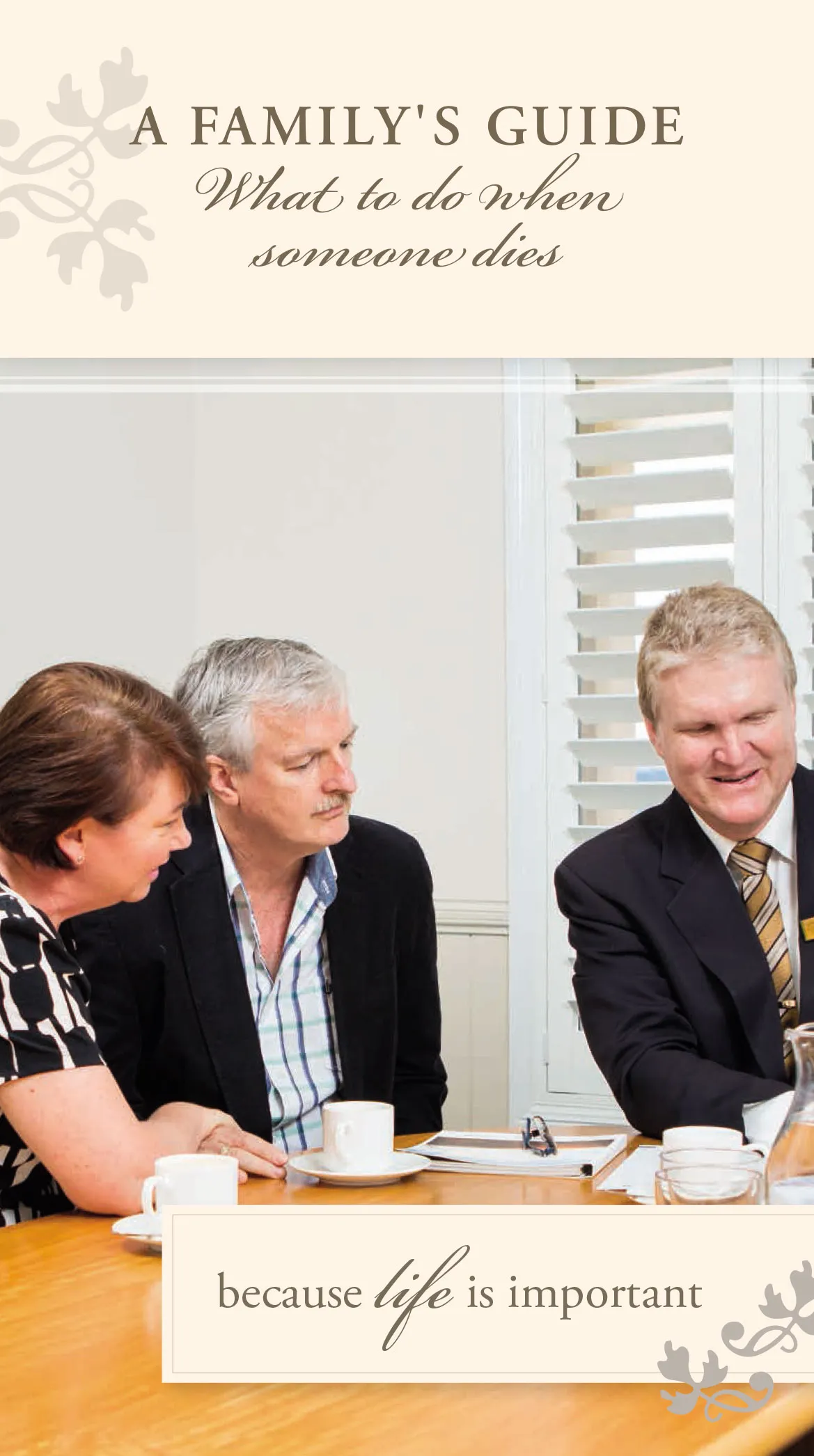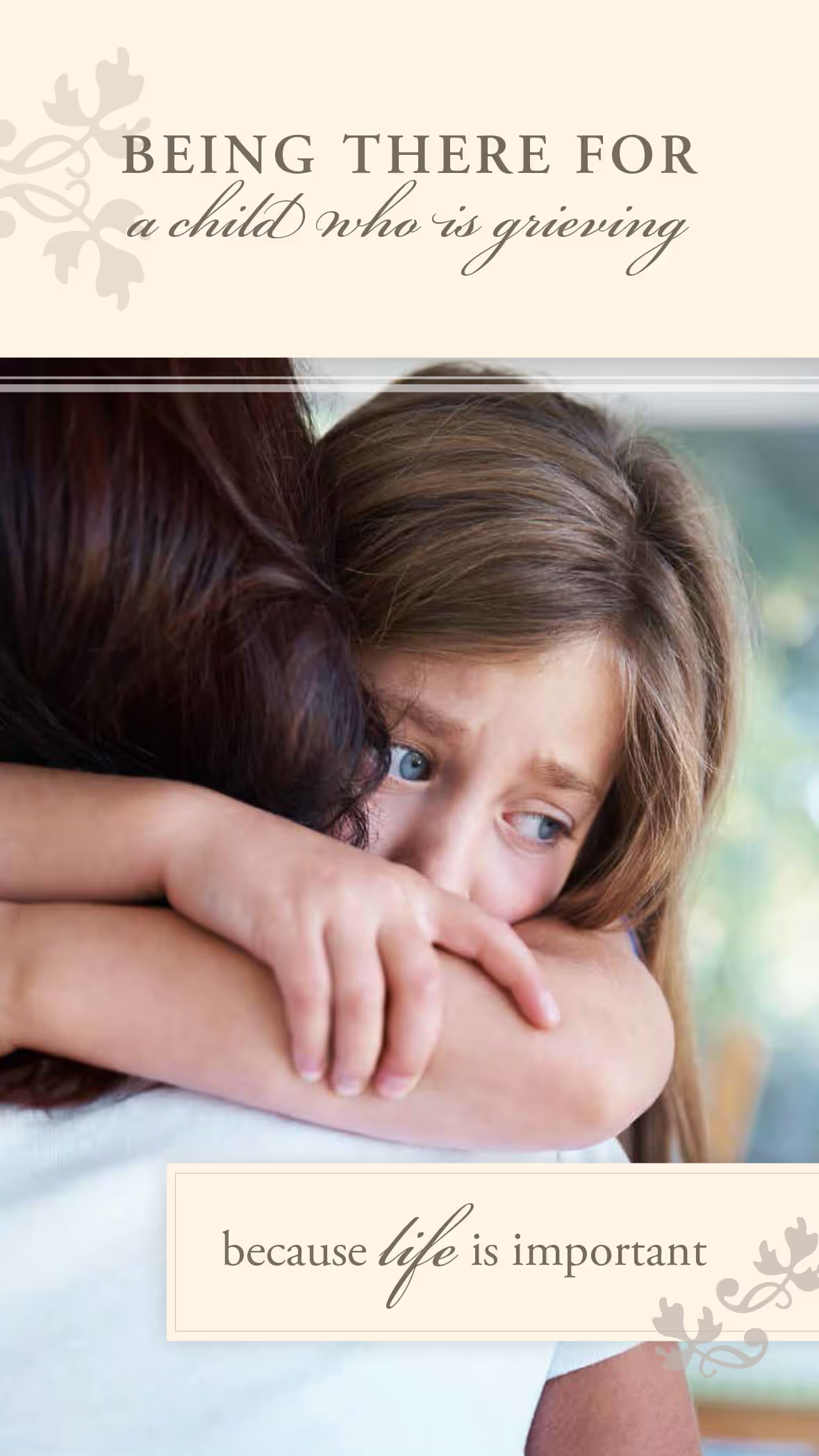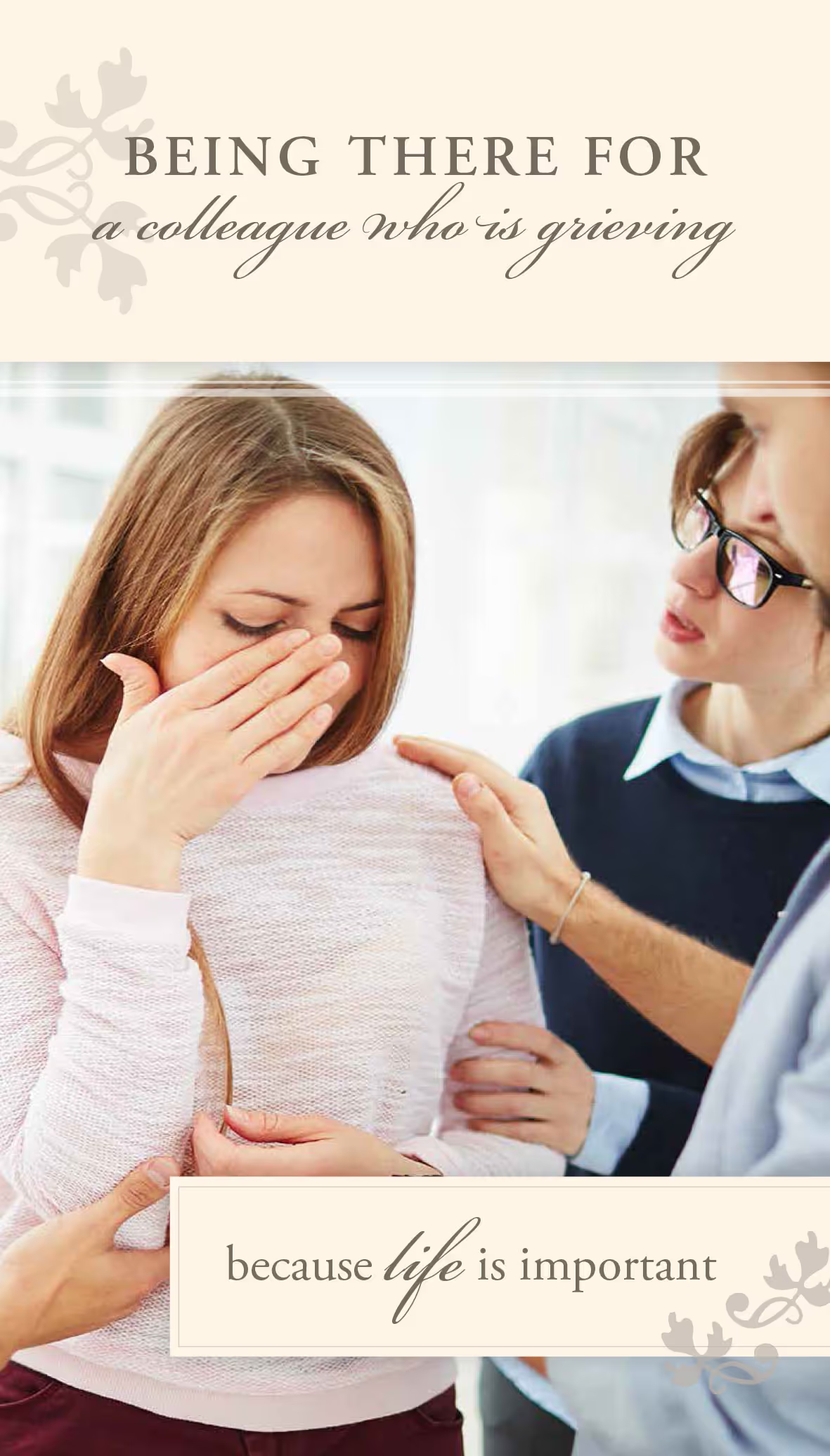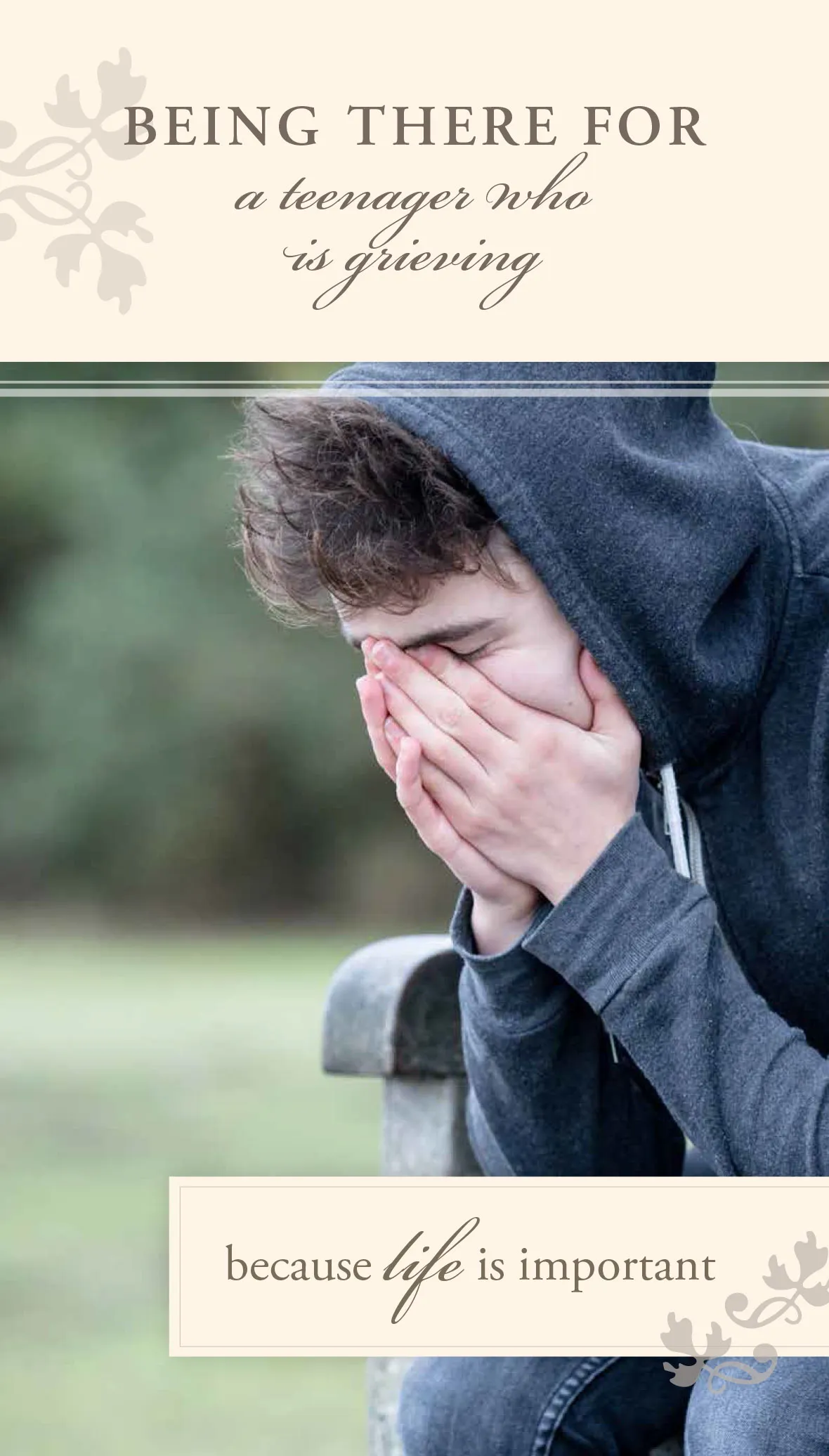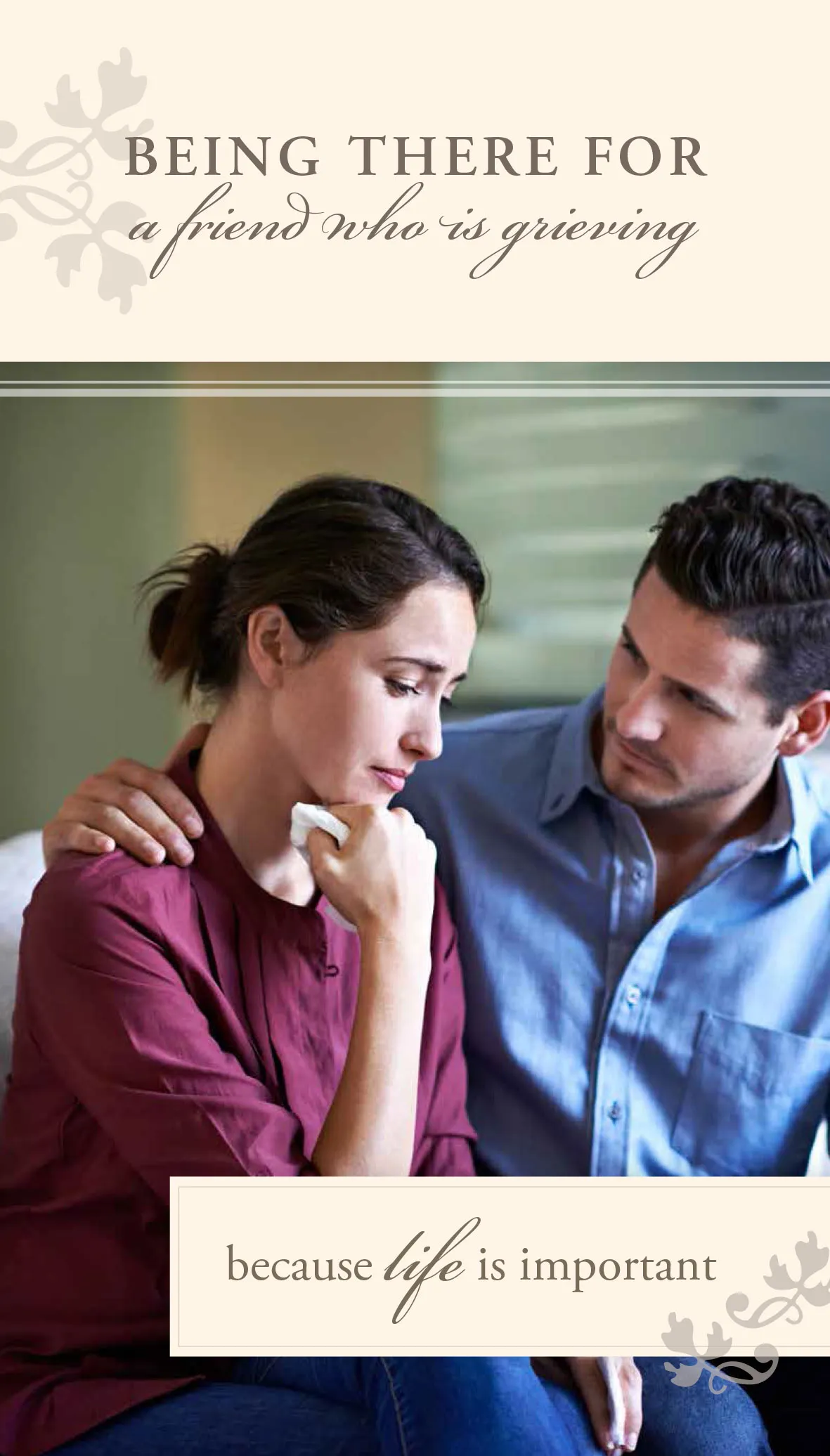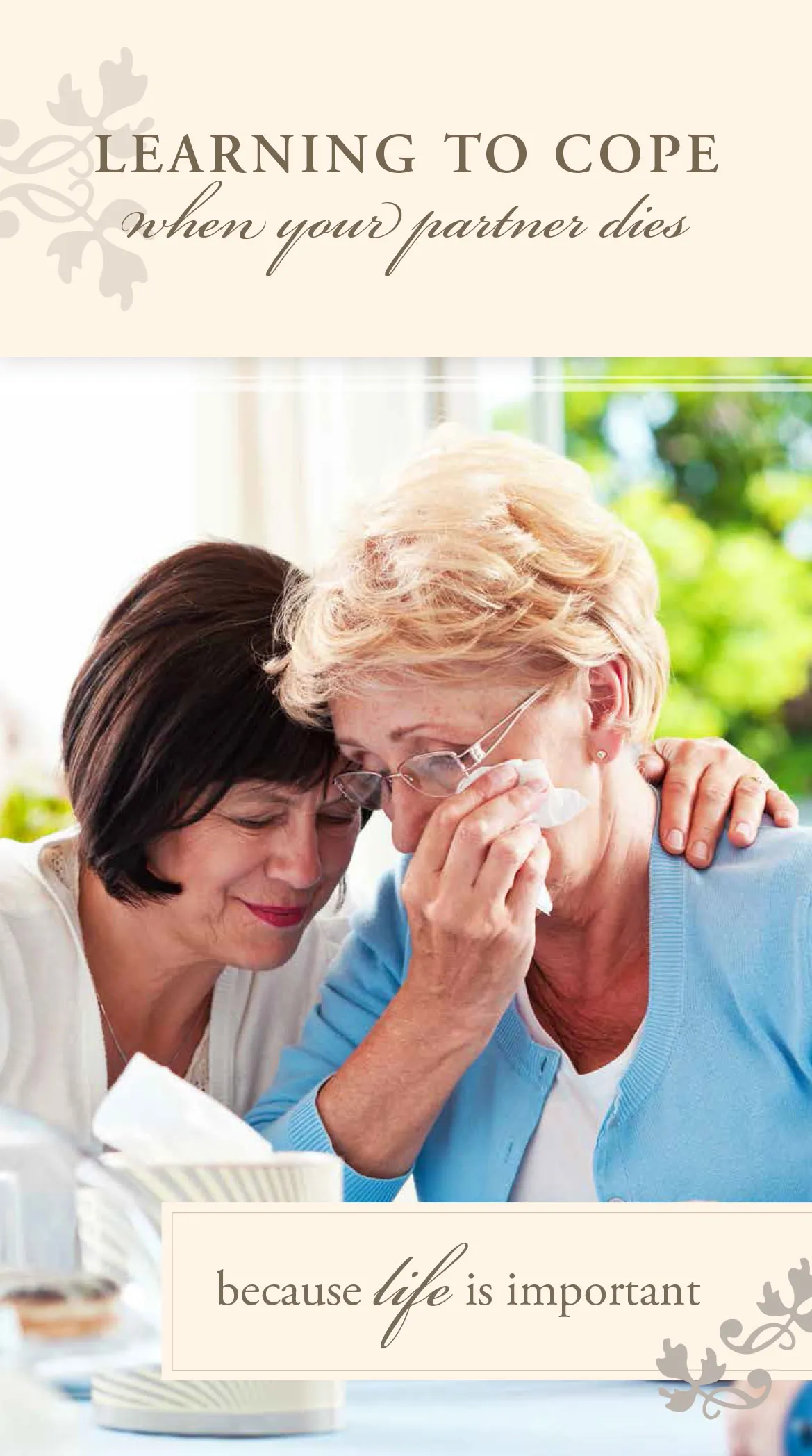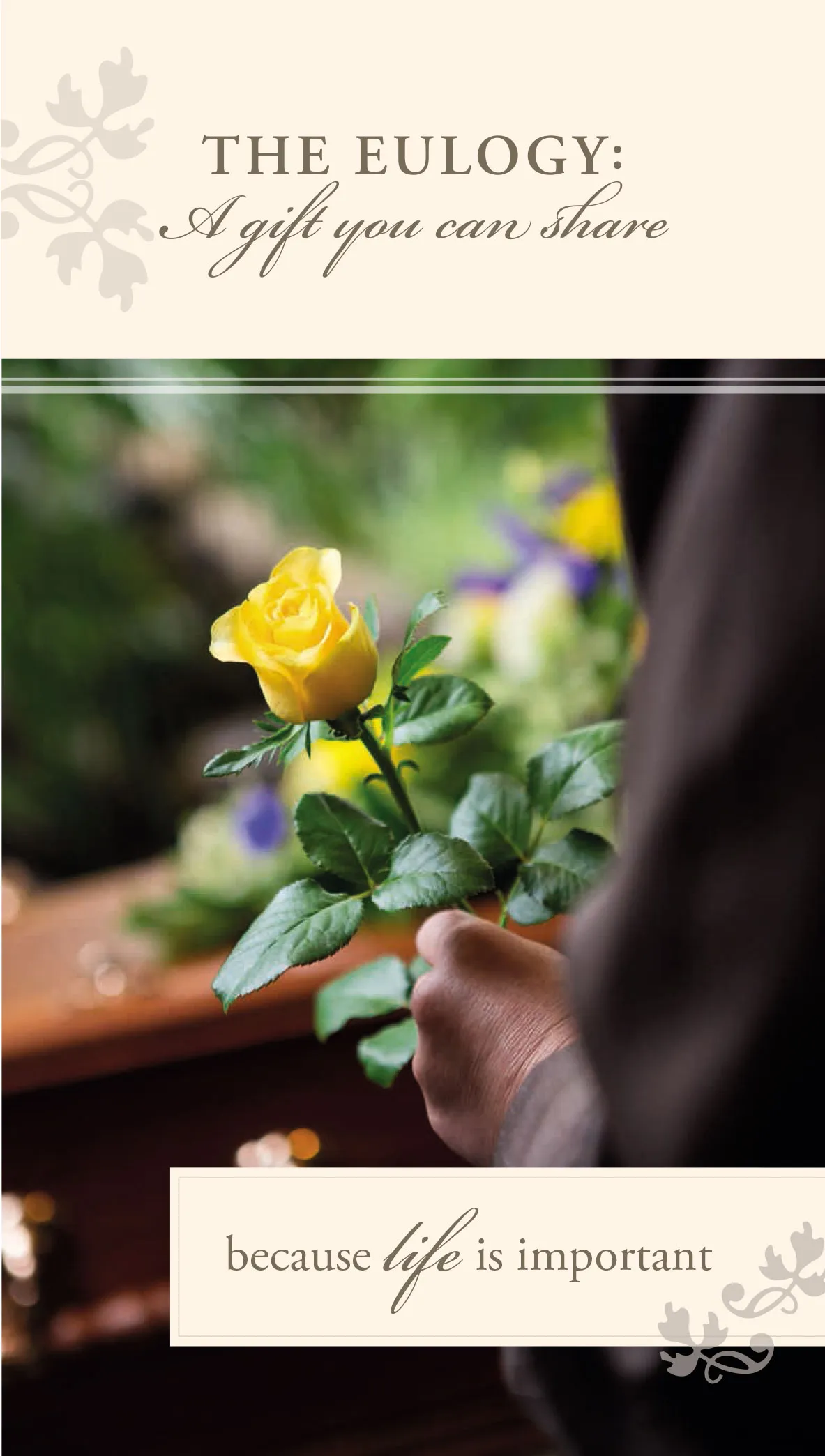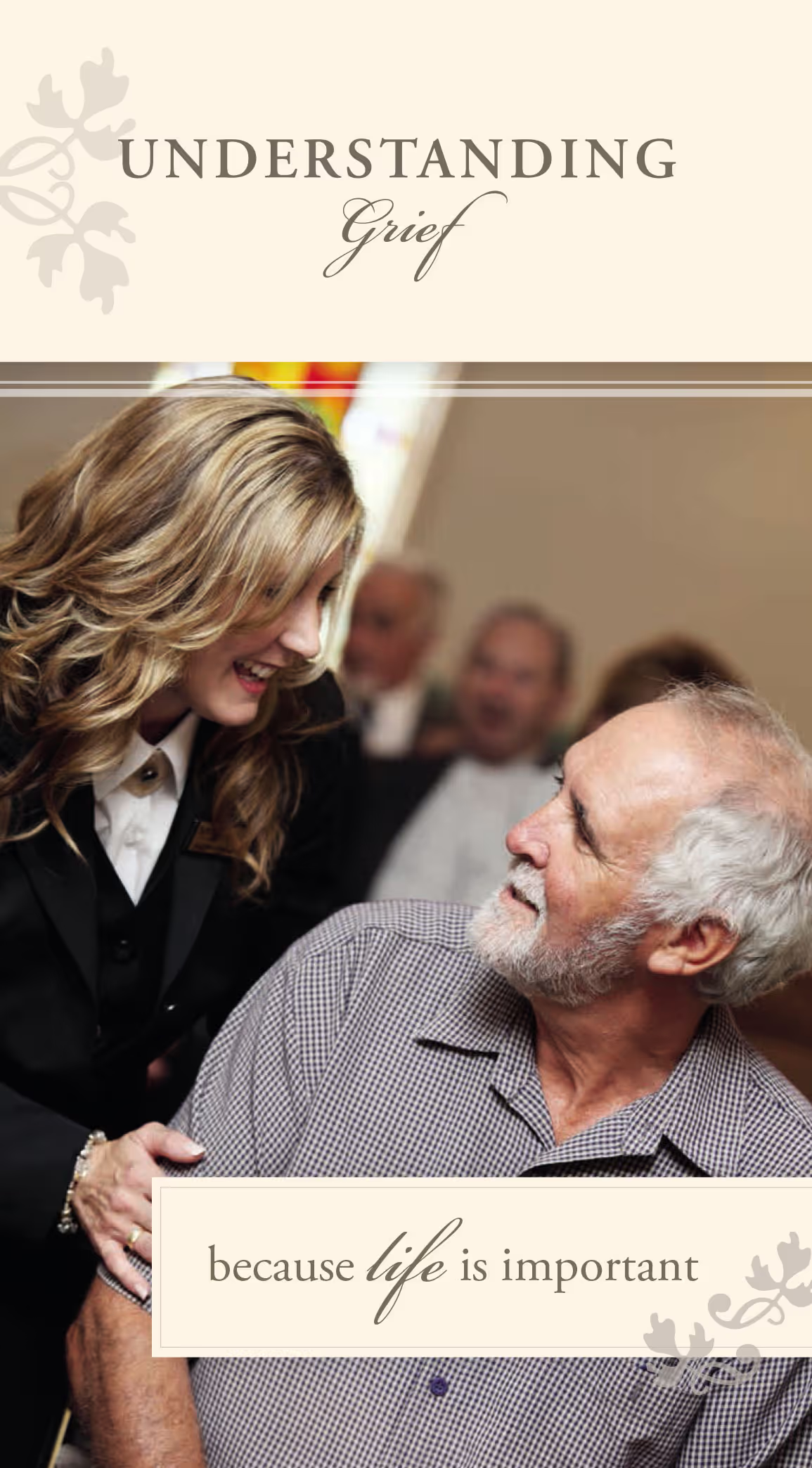Coping With Loss
Grief and mourning: how can simple words convey the overwhelming range of emotions that you feel when you lose a loved one? There are no words that reflect the emptiness and anguish that you contend with.
The meaning of "grief" and "mourning" are often confused. They refer to different aspects of the bereavement process. Put simply, grief encompasses the thoughts and feelings that are experienced internally, while mourning represents the public expression of these feelings.
However these experiences are defined, the process of coming to terms with the loss of a loved one is one of life's most valuable lessons. The hurt that you feel and the way in which you learn to reconcile your pain can give a depth of learning and understanding that is unrivalled by any other life experience.
Grief is a wholly natural response to a shattering upheaval in your life, but it is not an ordered or structured process. There is no right or wrong way to grieve and all expressions of grief reflect a very real sense of pain and loss. Any response that conveys a natural expression of grief is preferable to the rigid guidelines that society often seeks to impose. You don't need permission from anyone to mourn.
Nor is there an acceptable timeframe for the grieving process. Many people find that the symptoms of grief remain for years and appear in a variety of guises. Society's expectation of a standard grieving process is inconsistent with the variety of ways that people actually express their sense of loss.


